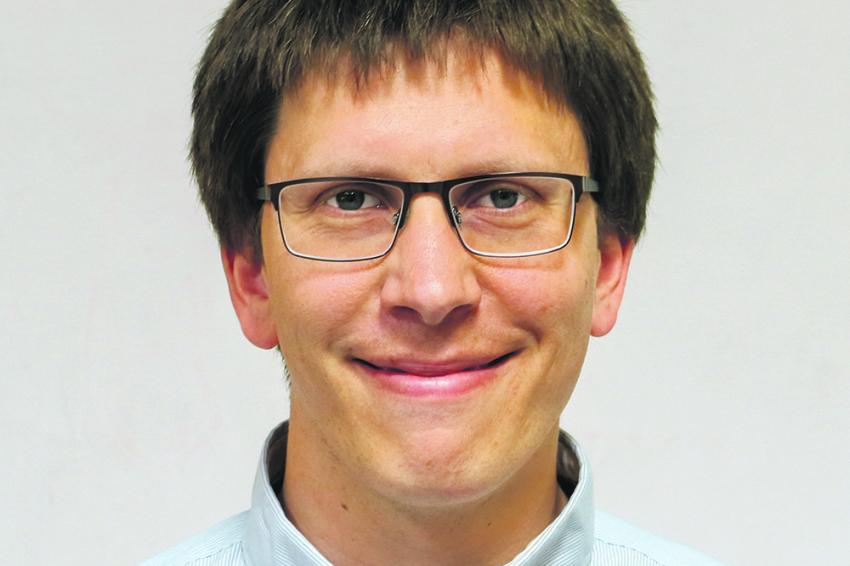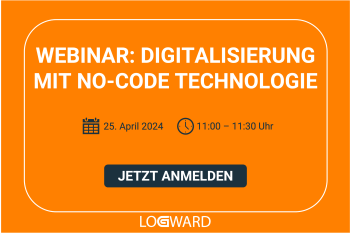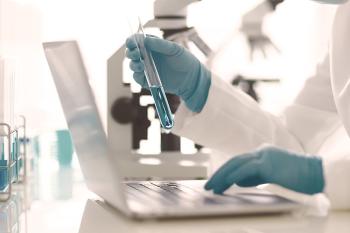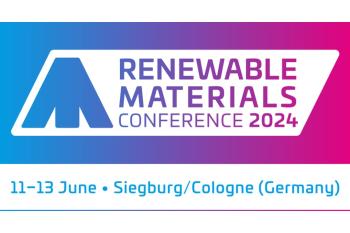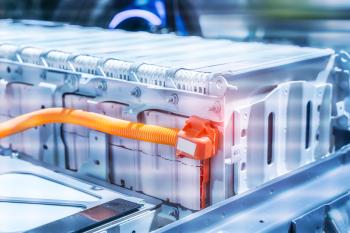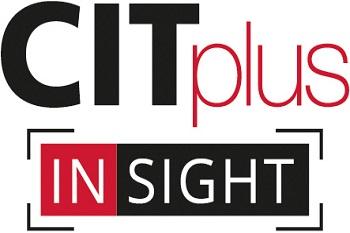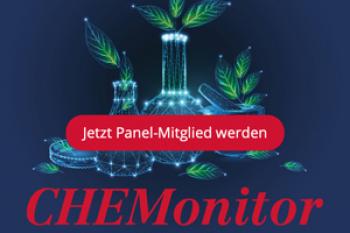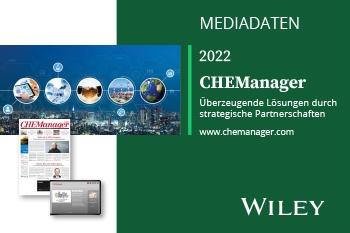Reshaping Adhesion - and the Industry
RadiSurf: Reversible Solution for Applying Polymer Brush Coatings on Surfaces for Direct Bonding to Plastics
Now finally, the breakthrough reversible, patented solution RadiBond is out on the market. Mikkel Kongsfelt, co-founder and CEO of RadiSurf, takes us on RadiSurf’s journey.
CHEManager: Mr Kongsfelt, what makes RadiSurf’s adhesion technology so unique?
Mikkel Kongsfelt: RadiSurf’s core technology is based on the chemistry of polymer brushes, which is polymer chains chemically bonded to a surface such as a metal, glass or ceramic and free to move in the other end — visualized as a nano-Velcro structure. The free end can be designed to match a plastic material and hence create a direct chemical link between otherwise vastly different materials such as a metal and a plastic. By design our RadiBond technology combines chemically different materials, while traditional glue only works with chemically similar materials. Because the RadiBond adhesion technology is controlled at the molecular level to create direct chemical bonds between materials, the materials can easily be disassembled again without any contaminations from the “glue” — a critical parameter for the recycling of plastic materials. With this technology, we create truly reversible bonding systems.
Can you give us an example?
M. Kongsfelt: An example is PEEK, a notoriously challenging thermoplastic, where we achieve bonding to steel comparable to what you get when bonding steel to steel with state-of-the art epoxy systems. In fact, when we pull the parts apart it is the plastic that breaks, not the bond. Cohesive fracture for PEEK — that is amazing, no structural adhesives comes close to that.
You mentioned the recycling of plastic materials being a challenge.
M. Kongsfelt: Yes. We already see a lot of changes in big industries, such as automotive, aerospace, electronics and renewables, where companies need to put increasingly more focus into the life-cycle and environmental impact of their products, such as to avoid plastic and electronic waste at end-of-life.
In the automotive and aerospace industry there is a huge pressure right now to reduce CO2 emissions, and the simplest path to do that is by reducing weight. Some of the most potent lightweight materials to replace steel are engineering plastics and composite materials. However, then you have the problem with bonding these components to the metal structures in your car or plane — and later disassemble them for recycling. RadiBond already fixes that, whether it is PPS, PEEK, PC, ABS, PVDF or PA material, and is easily integrated into modern assembly lines.
RadiBond enables companies to build better and more sustainable products. Our aim for the future is less plastic and electronic waste in the landfills, less CO2 emissions from transportation, more range on your electrical car, and consumer products designed to be more durable, longer lasting, and easier to repair or recycle.
How did you come up with the idea behind RadiBond?
M. Kongsfelt: RadiBond is built on the foundation of more than 15 years of research in surface chemistry. It was fueled by challenges proposed to scientists at Aarhus University by some major companies in Denmark. The research led to the basic concept behind RadiBond and was then patented; and RadiSurf was founded to commercialize and further develop this groundbreaking technology that is now covering four patents and is truly scaled for industrial production.
What are the next steps for the company?
M. Kongsfelt: We are currently working with customers in 12 countries to support the implementation of our technology in their products and later into their production line. The final go from these customers and getting it all up and running is certainly top priority in short term, and we hope to get the first applications on the market this year in small volume. Over the next five years we expect to be able to support customers globally in our key markets, starting with electronics, then later automotive, aerospace and healthcare applications. My expectation is that, in about ten years, RadiBond is a globally recognized technology for major manufacturing companies.
Your goals are ambitious; what makes you feel confident to make it to the finish line?
M. Kongsfelt: First, we have made sure to have a solid technological foundation, which since the beginning we have developed in tight collaboration with end users to ensure a good market fit. Our go-to-market plan is formed around these innovative and risk-willing clients to ensure a fast implementation worldwide. Second, we have strong global partnerships to support our technical and business development. However, scaling a material solution to a global market is a huge task, so we are in search of new strong partners and investors to support us for the next three to ten years of growth.

PERSONAL PROFILE
Mikkel Kongsfelt is CEO and co-founder of RadiSurf. In 2014 he received a Ph.D. in nanoscience from Aarhus University. Later he supplemented his technical background with the Pasteur program at Harvard Business School and is concluding a part-time MBA in Business Economics at Aarhus University. An entrepreneur by heart, Kongsfelt founded RadiSurf in 2015 together with three leading specialists in the field of polymer brushes, all currently professors at Aarhus University.
BUSINESS IDEA
Ready for the Circular Economy
RadiBond is the culmination of almost two decades of research, with a breakthrough finally made in 2018. Moving back more than a decade, researchers at Aarhus University discovered that nanometer-thin layers of polymer brushes, essentially plastic chains tethered to a surface, provided virtually unbreakable adhesion if sufficiently matched to chemically entangle with various plastic chemistries.
From 2015 RadiSurf led on and last year moved the development of this concept to a point that now allows for large-scale commercialization of the revolutionary technology. It is a solution for applying polymer brush coatings on surfaces for direct bonding to plastics, even challenging types such as PEEK, PPS, PVDF and PC — including for thermoplastics used in fiber-reinforced composites for lightweight materials.
RadiBond is efficiently applied as dip, spray or paint-on (the two latter methods are not yet commercialized) in two steps that overall takes down to a few minutes — providing a lasting adhesion layer. To entangle and bond with the polymer brushes, the plastic is simply melted in the interface through traditional welding or molding techniques. Reheating, or dewelding, the interface again resolves the bond and allow for easy disassemble of clean parts for reuse or recycling — ready for the circular economy.
The technology is ready for the market, with a wide range of companies in large markets such as automotive, aerospace, electronics, medical devices and offshore already working with RadiSurf to implement RadiBond in their production line. When implemented, RadiSurf will supply the adhesive chemicals to the customer for use under a commercial license.
RadiBond unique assembly features include:
- Superior strength and durability in plastic joints
- Nanometer-thin, air- and watertight bonding interface
- 100% biocompatible and biologically safe
- Reversible — incorporation of circular design
ELEVATOR PITCH
Adhesion by Molecular Design
RadiSurf was founded in 2015, as a spin-off from Aarhus University based on decade-long forefront research in polymer brush technology. At the time, the technology was unmatured and far from being industrially relevant, with hourlong tack times and processing conditions not viable for manufacturing industries. Through five years, the company has gradually eliminated the technological barriers one by one and is now ready to hit the markets with its first, award-winning, polymer brush-based product, RadiBond.
Polymer brushes are a highly adoptive technology for tuning surface functions, with a tremendous potential to impact both on the industry and society. With the code now broken, RadiSurf has set its aim in developing other polymer brush-based applications — cementing its position as the leading commercial operator.
Milestones
- Foundation of the company (2015)
- Secured seed investment from Borean Innovation for expanding operation (2016)
- Moving to new, more spacious headquarters at Risskov, Aarhus (2017)
2018/19
- Most Disruptive Tech Award at EIC event, Hannover Messe
- First product on market with
- RadiBond (Unisense)
- Best Technology Award at Global Innovation Summit in Chengdu
- Patent submitted for new application process
2020
- JX-Nippon Innovation Award
- Accelerated growth in customer pipeline
- 150% growth in revenue, projected 400.000 EUR by year end
- Roadmap
- RadiBond industrial adhesives hit the market
- Series A investment round
2022/23
- First small chemical plant established with 200 t capacity
- Projected first break-even year
Kontakt
RadiSurf ApS
Arresøvej 5B
8240 Risskov
Dänemark

